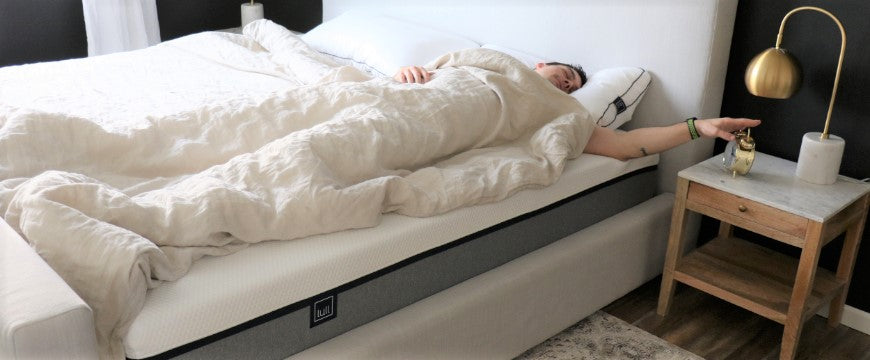
The Do’s and Don’ts of Napping: How Napping Can Impact Your Sleep At Night
For a lot of people, naps are one of the best parts of the day. Not only can a nap feel like a pleasant indulgence, it also refreshes our mind and sets the stage for more efficient thinking and productivity later in the day. There are plenty of benefits to sneaking in a quick snooze in the middle of the day, an important one being lowered stress! It’s no wonder that at least a third of American adults nap, especially older individuals.
But what about when the night comes? Does napping take away from your sleep at night? Not for everyone, but in some cases, it’s certainly possible depending on the circumstances of your naps and nightly sleep. How long are you napping for, where are you doing it, and when are you doing it?
Here are some do’s and don’ts of napping to ensure it’s positively affecting your day and night: